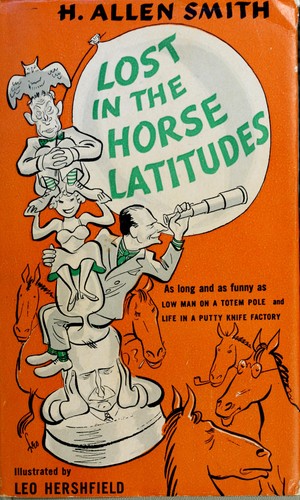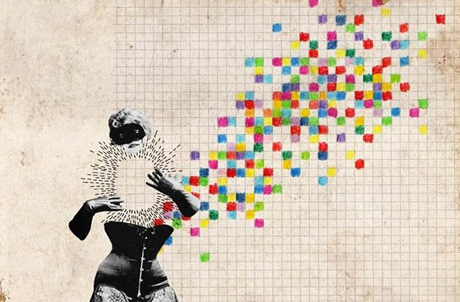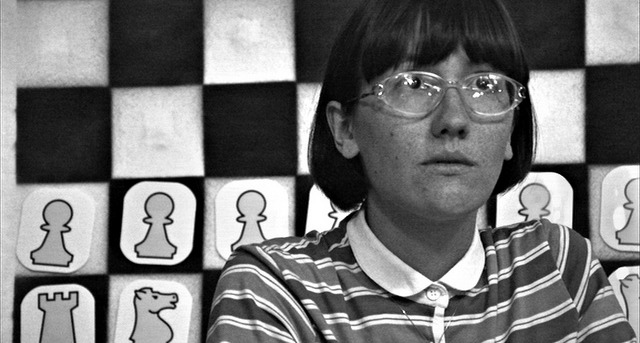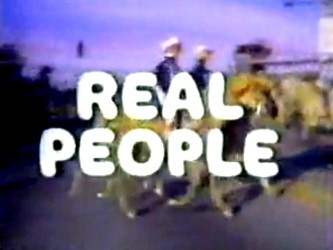True Sailing Is Dead
When the still sea conspires an armor.

What’s the difference between artistic ambition and pure pretentiousness? When one listens to the Doors, this question can never be far from one’s mind. Yes, the group often does blow open the namesake doors of perception in many a young child’s fragile eggshell mind, but these same minds also tend to reach a point at which they are ashamed at having been so transfigured. Once they break on through to adulthood, they find themselves embarrassed to realize how little substance there is to the Doors’ parables of transgression. The garage-goth organ and the sinewy guitar figures remain alluring, perhaps, but the overriding silliness of Jim Morrison’s posturing, his portentous, overenunciated delivery and his egregious lyrical overreach, becomes impossible to ignore and all too easy to ridicule. But it’s also hard not to feel somewhat sorry for him. Undermined in his… Read More...














